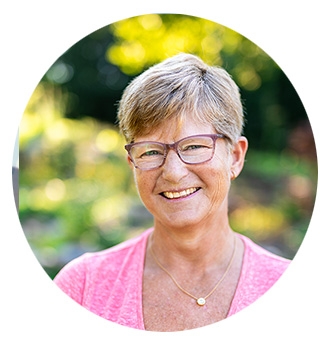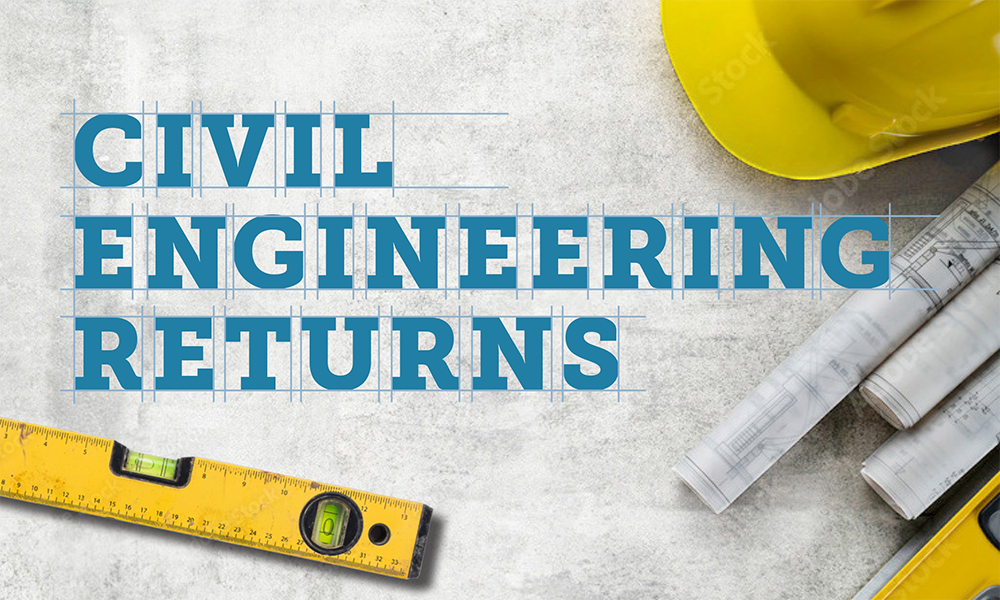What do you do now and what has your career been like so far?
I started out very much a general civil engineer, dabbling in a little bit of everything to see what I liked. I was part of Boston’s “Big Dig” project and later moved into project construction and land use and permitting. But I have spent the last 13 years as a STEM project manager for iRobot. Our program uses volunteer employees to bring science, technology, engineering and math (STEM) resources to classrooms, educational events and community partners.
My work at iRobot has been amazingly fulfilling, seeing students learn how to turn their curiosity into careers. The most satisfying has been our recent work with historically overlooked groups in STEM. When we can provide resources and mentors to underrepresented students and help them pursue the dream of college and career, that is where our hearts are full. (Shortly after publication of the fall 2024 magazine, Freed became an adjunct professor at Endicott College, where she continues to inspire future engineers.)
Civil engineering is a field that intersects many other disciplines. What makes it such a perfect crossroads for so many careers?
One of the reasons I went into civil engineering is that it gives you a way of thinking. You can go in so many directions. With a civil engineering background, you are only limited by your imagination and how to apply the work. Working in robotics, the projects are always a mix of every engineering discipline. Because of civil, I was able to work across engineering departments in the robotics industry. This is what makes it so exciting. In civil engineering, there is always more to learn and more ways to apply the knowledge.
How do you feel about civil engineering’s reinstatement?
The elimination of civil engineering was a soul-crushing blow. When I graduated, there were three women and maybe 20 of us in the major that year. It was a small family within the College and we were proud of what we learned. Union was one of the older civil programs and had a lot to be proud of. Bringing it back only makes sense. And, adding environmental engineering will greatly expand what the major can offer. Civil engineers need to see the broader environment – the impact of their work – and having environmental engineering will contribute to that knowledge.
How did your time at Union impact your path?
Union is where I became the leader I am today. I was always supported and given opportunities to grow. I worked a lot on projects with the Student Affairs office, with Dean Massa being a huge mentor. Professor Francis Griggs provided some of the most valuable skills in communication, teamwork and how to be a “human” engineer. And TK Jewell had an amazing ability to prep us all for our F.E. test – the first part of getting our professional license. At Union, you learn how to learn, and it is a place that graduates a well-rounded engineer who can speak, write and interact. I am grateful for this.


